Join us for a conference reviewing the science and scope for new policy approaches to address the harmful impacts of ultra-processed foods
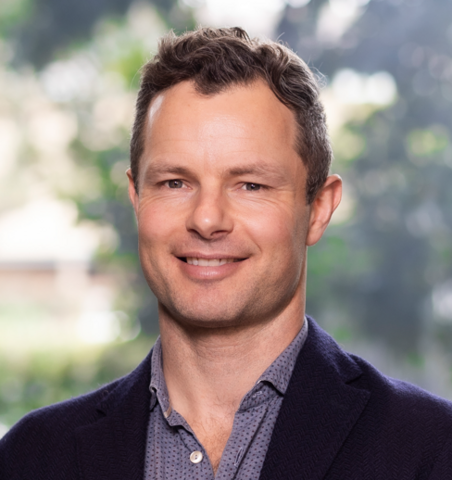
Dr. Phillip Baker, University of Sydney
Phillip Baker is an Australian Research Council Future Fellow, and Sydney Horizon Fellow, at the School of Public Health, University of Sydney. He received his PhD from the National Centre for Epidemiology and Population Health, Australian National University.
Phil’s research focuses on understanding global food systems change and the implications for human health and sustainable development. His recent work explores the global rise of ultra-processed foods in human diets, governance and regulation for sustainable food systems, and the political economy of infant and young child feeding. He has consulted regularly with the UN food and nutrition agencies on these topics. Phil is a former Independent Expert Group member of the Global Nutrition Report, a fellow of the Lancet Obesity Commission, and is currently co-leading a large international collaborative project on ultra-processed foods and human health.
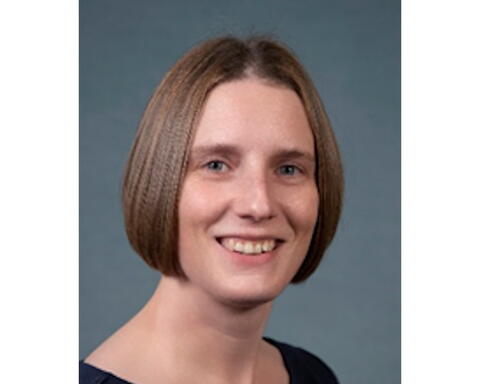
Prof. Emma Boyland, University of Liverpool
Emma Boyland is Professor of Food Marketing and Child Health and Deputy Executive Dean for the Institute of Population Health, University of Liverpool. She also leads the Appetite and Obesity Research Group and co-leads the Liverpool Obesity Research Network that brings together the University of Liverpool, University Hospital Aintree and Royal Liverpool and Broadgreen Hospital Trusts.
Emma’s research focuses on understanding the extent, nature, and impact of food and beverage marketing on eating behaviour, especially on children. This includes translating evidence into policy and evaluating the efficacy of any regulatory action. Emma collaborates extensively with WHO Europe, UNICEF, and researchers in the UK and internationally (notably Europe, Australia, and Canada).
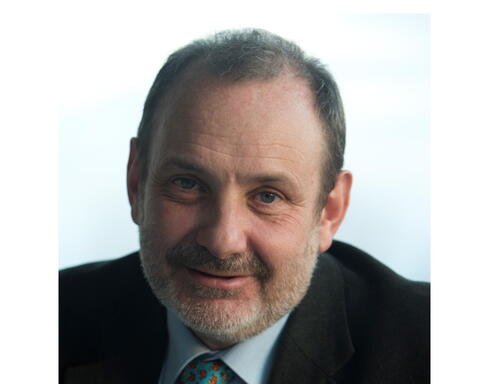
Prof. Francesco Branca, WHO
Francesco Branca is the Director of the Department of Nutrition and Food Safety in the World Health Organization, Geneva.
He has been a Senior Scientist at the Italian Food and Nutrition research Institute where he was leading studies on the effects of food and nutrients on human health at the different stages of the life cycle and on the impact of public health nutrition programmes. He has been President of the Federation of the European Nutrition Societies in 2003-2007. Professor of Public Health Nutrition a the 1st and 2nd University of Rome in 1990-2005.
Dr. Branca graduated in Medicine and Surgery and specialized in Diabetology and Metabolic Diseases at the Universita' Cattolica del Sacro Cuore, Roma and obtained a PhD in Nutrition at Aberdeen University.
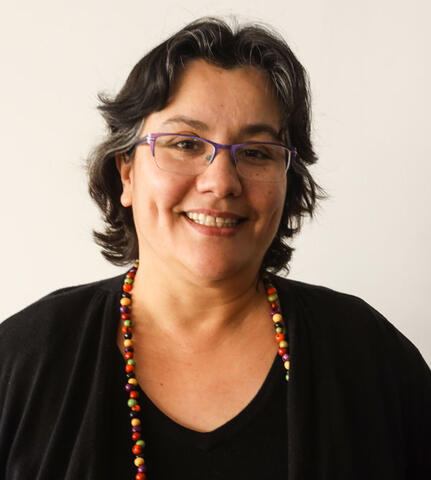
Dr Camila Corvalan, University of Chile
Camila Corvalán Aguilar is a Surgeon (Universidad de Chile), Master in Public Health (Universidad de Chile) and PhD in Nutrition (Emory University, United States). She is a Full Professor of the Public Nutrition Unit of the Institute of Nutrition and Food Technology (INTA) of the University of Chile. She is also the director and principal investigator of the Center for Research in Food Environments and Prevention of Chronic Diseases Associated with Nutrition (CIAPEC-INTA).
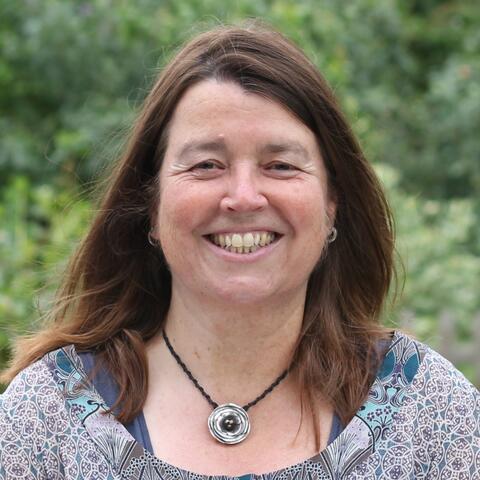
Barbara Crowther, Sustain
Barbara joined Sustain in 2018 and manages the Children’s Food Campaign, which champions children’s rights, parent power and government action to improve the food environment children grow up in. This includes campaigning for tighter regulations of junk food marketing to children, better school food and reducing children’s consumption of sugary or unhealthy food.
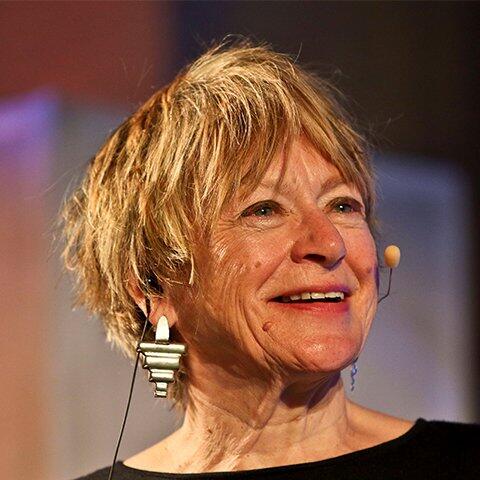
Sheila Dillon, conference chair
Sheila Dillon has been a food journalist for more than three decades. From New York, where she was an editor at Food Monitor magazine, she came to work on BBC Radio 4’s The Food Programme, first as a reporter, then producer and now presenter.
In her early days on the programme she produced groundbreaking editions on BSE–mad cow disease–& its connections to our cheap food policies, the rise of GM foods, the dodgy science behind ‘healthy’ margarine, the growth of the organic movement from muck and magic to multi-million pound business, and the birth of the WTO which triggered the globalisation of our food supply. All at a time when such subjects were not widely covered in the media….and certainly not by ‘food’ programmes.
Recent programmes on robots in the food business, the origins of the horsemeat fraud, the future of red meat, the glory of British pies, diet and cancer, and the inadequacies of medical training when doctors are faced every day with diet-induced diseases, carry on that tradition. She helped set up the BBC Food & Farming Awards: judging food producers, shops, campaigners, cooks in public organisations and policy makers not only for the quality of their food but the difference they make to their local communities and economies.
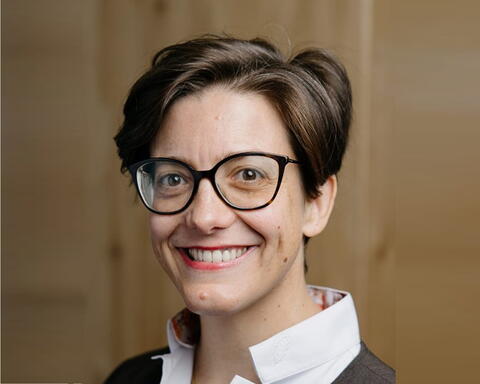
Prof. Amandine Garde, University of Liverpool
Amandine Garde is Professor of Law at the University of Liverpool. Her research focuses on the relationship between public health, consumer protection, international trade and human rights law and policy, and more specifically on how the law can promote healthier environments and prevent non-communicable diseases (NCDs). In 2015, she established the Law & NCD Unit which regularly advises international organisations, NGOs, public health agencies and governments in Europe and beyond on legal strategies and the regulation of the commercial determinants of health, specifically the food, alcohol and tobacco industries. She is also a qualified (though non-practising) solicitor and a honorary member of the Faculty of Public Health, as well as principal investigator of a three-year NIHR-funded project.
Before joining the University of Liverpool in 2010, she worked at King’s College London, the University of Cambridge, the European University Institute in Florence, the University of Exeter and the University of Durham. She also spent a six-month period at the World Health Organization in Geneva and in Cairo back in 2013, supporting its work on food marketing regulation and more broadly on building legal capacity to effectively address NCDs. She was the founding president of the Law and Public Health Section of the European Public Health. Association from January 2021 until 15th November this year.
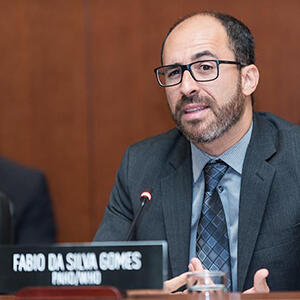
Dr Fabio Da Silva Gomes, Pan American Health Organization/World Health Organization
Fabio Gomes is a Nutritionist, with a Masters in Population Studies and Social Research and a PhD in Public Health. He works as the Regional Advisor on Nutrition and Physical Activity for the Americas at the Pan-American Health Organization/ World Health Organization supporting countries to design and implement effective food and nutrition public policies as well as to protect such policies from opposing interests.

Dr Kevin Hall, National Institute of Diabetes & Digestive & Kidney Diseases, NIH
Dr. Kevin Hall received his Ph.D. in Physics from McGill University and is now a tenured Senior Investigator at the National Institute of Diabetes & Digestive & Kidney Diseases (NIDDK), one of the National Institutes of Health (NIH) in Bethesda, MD. His main research interests involve investigating how the food environment affects what we eat and how what we eat affects our physiology and the development of obesity. Dr. Hall has twice received both the NIH Director’s Award and the NIDDK Director’s Award, and is the recipient of the E.V. McCollum Award from the American Society for Nutrition, the Lilly Scientific Achievement Award from The Obesity Society, and the Guyton Award for Excellence in Integrative Physiology from the American Physiological Society.
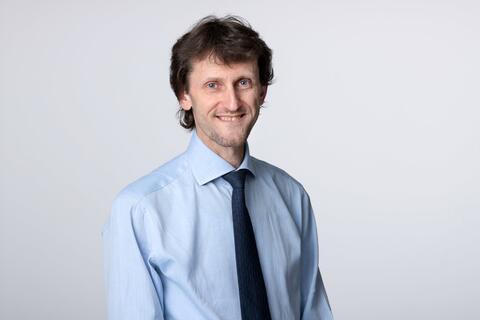
Professor Franco Sassi, Imperial Business School
Franco Sassi is Chair of International Health Policy and Economics and Director of the Centre for Health Economics & Policy Innovation at Imperial Business School. Previously he was a Senior Economist and Head of the Economics of Public Health Programme at the OECD (Organisation for Economic Co-operation and Development, Paris, France), and before that a Senior Lecturer in Health Policy at the London School of Economics and Political Science (LSE). Franco Sassi's research focuses on the economics of chronic disease prevention and health-related behaviours, with a particular focus on the impact of fiscal policies on consumption behaviour. Prof. Sassi led the European Commission funded Horizon 2020 project Science and Technology in childhood Obesity (STOP), which over 4 years has produced over 60 peer-reviewed publications along with influencing WHO policy. He is a member of many international Committees and Technical Expert Groups, including, among others, the NCD Advisory Council to the Director of the WHO European Regional Office, as part of which Franco has contributed to the development of a WHO signature initiative on alcohol taxation. Franco has led major publications on alcohol and other areas of public health policy, including Health Taxes: Policy and Practice (World Scientific, 2022), Tackling Harmful Use: Economics and public health policy (OECD, 2015) and Promoting Health, preventing disease: The economic case (OUP, 2015).

Dr Gyorgy Scrinis, University of Melbourne
Gyorgy Scrinis is Associate Professor of Food Politics and Policy in the School of Agriculture, Food and Ecosystem Sciences. His research has examined the politics, policy and philosophy of food and nutrition, with a focus on nutrition science, ultra-processed foods, dietary advice, food security, functional foods, food labelling, animal welfare regulations, the role of transnational corporations, alternative proteins and new technologies of production.
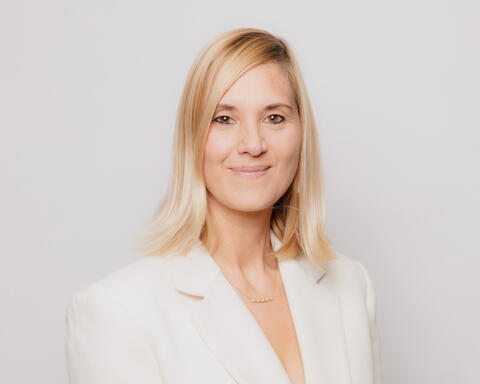
Dr. Mathilde Touvier, Inserm
Dr Mathilde Touvier is a Research Director at Inserm, principal investigator of the NutriNet-Santé cohort (https://etude-nutrinet-sante.fr/ ). She is a graduate of AgroParisTech and Doctor in Epidemiology and Public Health. After six years at the French Agency for Food, Environmental and Occupational Health & Safety (ANSES) and one year as a visiting researcher at Imperial College London, she joined the Nutritional Epidemiology Research Team CRESS-EREN (U1153 Inserm / Inrae / Cnam / Université Sorbonne Paris Nord / Université Paris Cité), of which she became Director in 2019. She coordinates researchers on the links between nutrition and health (e.g. PI of a European Research Council ERC Consolidator Grant 2020-2025 on the impact of industrial food, food additives and food processing on health), with >430 publications in this field. She is expert in several workshops, e.g. at the French National Cancer Institute (INCa), the Ministry of Higher Education and Research (France 2030 ambassador), the international network Global Burden of Disease, and she is member of the Scientific Council of the International Agency for Research on Cancer (WHO-IARC). She received the Inserm Research Prize in 2019 and a prize from the Bettencourt-Schueller Foundation in 2021. She has been appointed Professor at Imperial de France in Public Health for 2023.
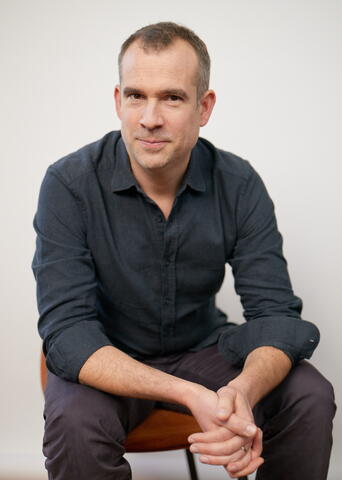
Dr. Chris van Tulleken, UCL
Chris van Tulleken is an infectious diseases doctor in at the Hospital for Tropical Diseases in London. He trained in medicine at Oxford University, has a PhD in molecular virology from University College London where he is an Associate Professor.
His research focuses on commercial determinants of health, especially in the context of nutrition and he works closely with UNICEF and the World Health Organization in this area.
His book Ultra-processed people was a Sunday Times and New York Times bestseller.
He is one of the BBC’s leading science broadcasters on television and radio for children and adults. He is married to Dinah and they have three children.
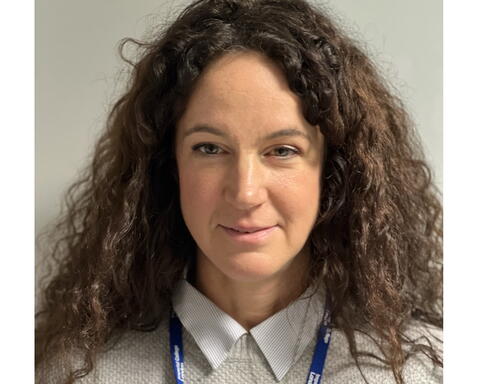
Dr. Eszter Vamos, School of Public Health, Imperial College London
Eszter Vamos is Senior Clinical Lecturer in Public Health Medicine at Imperial College London and an Honorary Clinical Consultant at Imperial College Healthcare NHS Trust. She is also Deputy Director of the Public Health Policy Evaluation Unit in the School of Public Health at Imperial.
Eszter’s research focuses on the epidemiology of chronic diseases particularly diabetes and cardiovascular disease, prevention of diabetes and its complications, and management of patients with established disease including risk factor control. Eszter also works on the evaluation of health policy to prevent and manage long-term conditions.
Eszter’s leads the Population Health Improvement module of the Master of Public Health at Imperial College. She is the Chair of the Examination Board for the Global Master of Public Health (online) and Vice Chair of the Examination Board for the Master of Public Health.
Eszter completed her PhD at Semmelweis University in Clinical Nephrology. She was awarded two Marie Curie Fellowships by the European Commission, an Academic Clinical Fellowship by the NIHR, and the Michael O’Brien Prize by the UK Faculty of Public Health for achieving the top mark in the Part A Membership Examination.

Baroness Walmsley, House of Lords
Baroness Walmsley was raised to the peerage as Baroness Walmsley of West Derby in the County of Merseyside in 2000, whereupon she took the Liberal Democrat Whip. She was the party's spokesperson in the House of Lords on Education & Skills (2001–2003); Home Affairs (2003–2004); and again for Education & Skills from 2004 onwards. Her recreations include music, the theatre, gardening, rowing and "good company". She is a member of the Parliamentary Choir and was its Chairman from 2004 to 2006. Recently she has chaired the Food, Diet and Obesity Select Committee.

Dr. Kremlin Wickramasinghe, WHO Europe
Kremlin Wickramasinghe is Regional Adviser on Nutrition, Physical Activity and Obesity at WHO Europe. He leads the Nutrition, Physical Activity and Obesity Programme which supports the WHO Europe Member States with implementing the European Food and Nutrition Action Plan and Physical Activity.
Prior to joining the WHO in 2017, Kremlin was Co-director of the WHO Collaborating Centre on Population Approaches to NCD Prevention at the University of Oxford. Kremlin graduated in medicine from the University of Colombo and gained his PhD in public health at the University of Oxford.